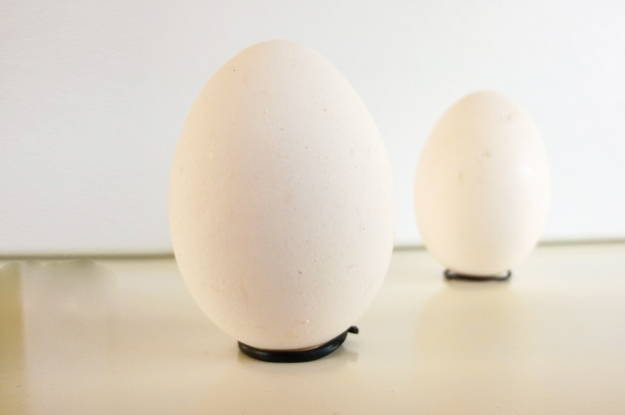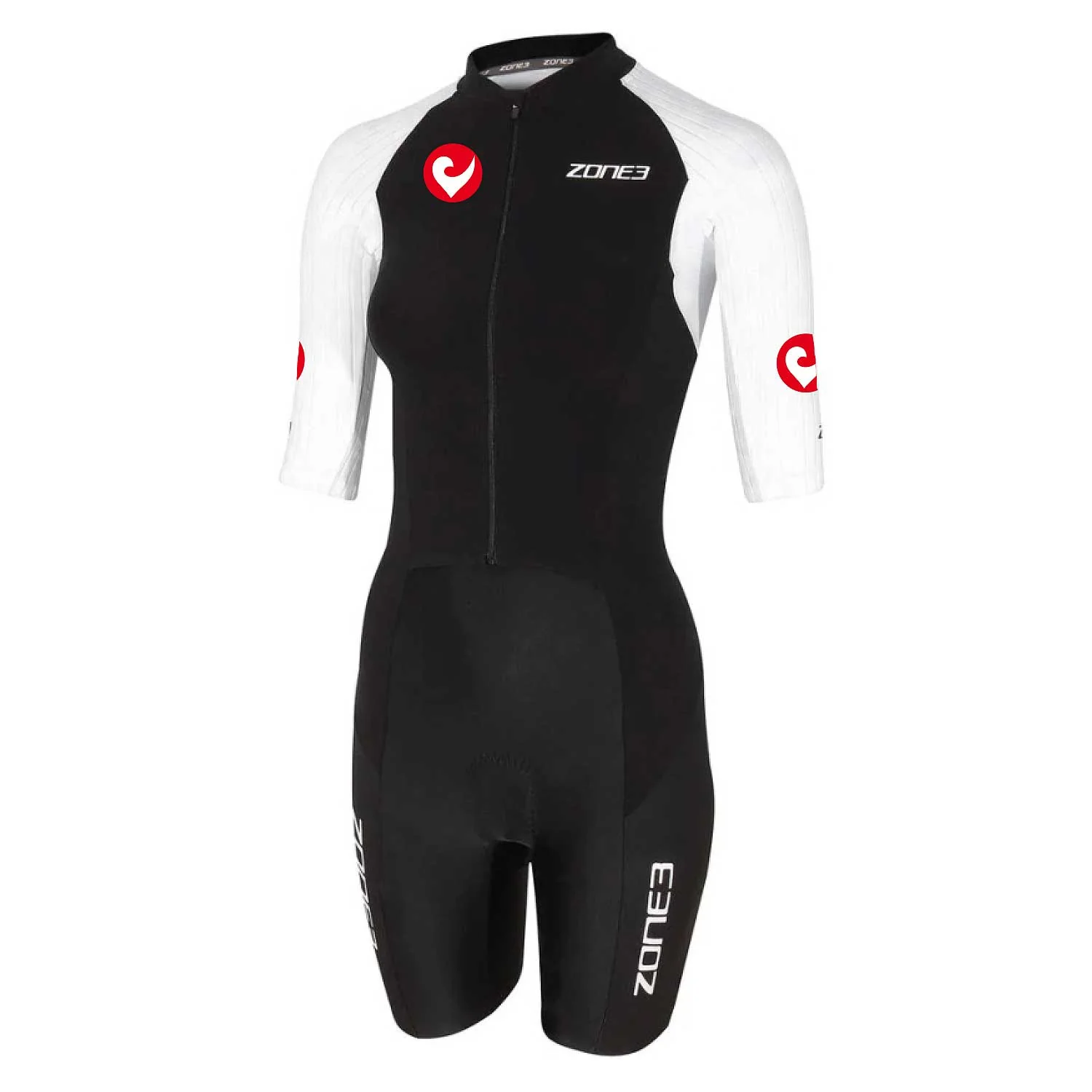The term biological value can be found in many articles on proper nutrition and, above all, on protein requirements. It indicates how well the respective protein can be processed and absorbed by the human body. In this way, we triathletes can further optimize the nutrition plan. triathlon.de explains what is important.
The biological value indicates how well a protein from a food can be absorbed and processed in our body. The composition of the amino acids is important here: The more similar its structure is to the structure of the human protein, the better we can absorb this protein and the higher the biological value.
It is therefore logical that we can process animal protein better than plant-based. Also important for determining the value is a look at the amino acids that our body urgently needs: Essential amino acids are more important to us than non-essential amino acids because we can produce the latter ourselves. If the protein in our meal has a high biological value, it also means that we need to consume less of it.
The duo of corn and beans beats the lone egg
The egg is considered a so-called reference value: It gets the high value of 100 in the biological value. However, this value was set arbitrarily for what was then the best-known protein. 100 does not mean 100% here and is therefore not the highest biological value. It is quite possible to achieve a biological value of over 100 by combining different foods that complement each other with their different amino acid structures. This is the case, for example, with a combination of potatoes and eggs. With a mixture of about 60:40, this combination achieves a biological value of about 137.
The good old farmer's breakfast of fried potatoes and scrambled eggs provides us with the proteins that we can process best. Another example, which is also interesting for vegetarians: beans and corn each "only" have a biological value of about 72. However, together they achieve a value of over 100 (mixing ratio about 52:48). Unfortunately, this example also shows that the values of different foods cannot simply be added up, each combination achieves its own value.
Beware of misleading information from the industry
There are now different scales that indicate different values. However, the "ranking list" of the food is usually the same and provides a good orientation. However, be careful with dietary supplements: The lack of a clear scale with reliable measurements makes it easier for the industry to "fool" their products with a high value. Using the tables as a guide is therefore only suitable for comparing halfway “natural” foods.
How healthy is a food with high-quality protein?
Does paying attention to the biological value also mean living a healthier life? no The fact is that we eat optimally in relation to the quality of the proteins due to the biological value. This is particularly important for vegetarians and especially vegans, who do not eat any animal proteins and therefore have to make optimal use of the vegetable proteins.
Another advantage: Our supply of the eight essential amino acids that the body cannot produce itself is guaranteed. So we don't take in any "unnecessary" proteins.
However, the food or combination of foods with the highest biological value is not always the healthiest choice. Let's take the farmer's breakfast as an example again: the combination of potatoes and eggs has the highest biological value. However, the preparation of an appealing meal requires additional ingredients: the potatoes are fried in oil or butter in the pan, bacon and onions are actually also part of it.
Any breaded piece of meat or fish is also less healthy. Fish has a high biological value, but the individual types of fish have different other ingredients such as omega-3 fatty acids and various minerals. It is therefore worth looking at the other "key data" of the food in question: How many vitamins, minerals, carbohydrates and essential fatty acids does it contain? And what are the disadvantages? Animal protein has a higher biological value, but is also considered less healthy than vegetable protein. In too large quantities, animal protein can impair regeneration, muscle building or maintenance and blood values due to ingredients such as purine or cholesterol - exactly what we had not hoped for with "optimized" protein. As always, the quantity makes the poison here, but it shows that the pure view of the biological value is not everything.
For us triathletes and also for vegetarians and vegans, it is therefore worth taking a close look at the food as a whole and at our needs. Both together show us what we need most. For example, those who suffer from iron deficiency can eat more red meat and do without the higher biological value of eggs and potatoes. If you want to build strength and muscle, you can pay more attention to protein than carbohydrates. Vegetarians (and everyone else) can mix legumes instead of just eating one kind. Overall, the knowledge of the biological value helps us to further optimize our diet and to feed ourselves according to our needs.
Here is a small overview of the biological value of some foods (approximate information taking into account different scales):
Egg (white+yolk): 100
Beef: 87-92
Tuna: 92
Cow's milk: 85-88
Edam cheese: 85
Soy milk: 84
Potato: 72- 96
Beans: 72-73
Corn: 72
Rice: 66-82
Egg+Potato (40:60): 137-126
Egg+Wheat (70:39): 118
Beef + Potatoes (75:25): 114
Corn + Beans (48:52): 101




















